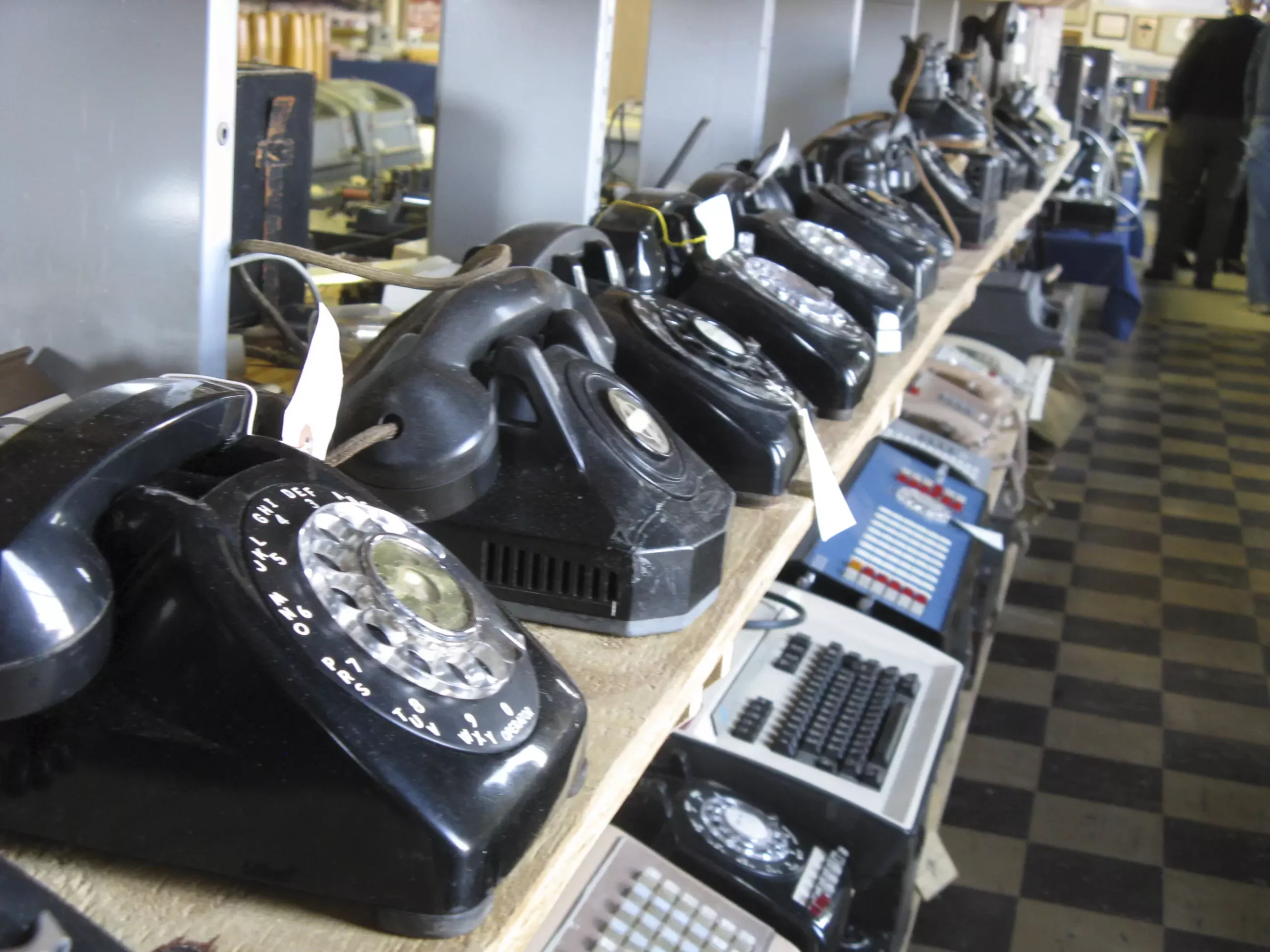In a world dominated by digital devices and constant connectivity, landlines have become a relic of the past. However, there are still individuals like Bernice Hudson from Alexandria, Virginia, who cling to their landline phones as a symbol of being “old school.” Despite the convenience and accessibility of cellphones, there is a sense of nostalgia attached to landlines that resonates with a certain demographic.
According to recent estimates, a significant majority of American adults now live in households with only wireless phones and no landlines. The convenience and versatility of mobile devices have transformed the way people communicate and interact with each other. The shift towards wireless-only households has been fueled by advancements in technology and the proliferation of smartphones.
The transition from traditional landlines to mobile phones can be attributed to the evolution of telecommunications technology. Landlines were once the “bread and butter” for phone companies, but they have now been overshadowed by services like broadband internet access and digital voice communication. The introduction of smartphones, particularly Apple’s iPhone in 2007, marked a significant turning point in the way people use mobile devices.
While the widespread adoption of new technologies has its benefits, it also poses challenges and consequences. Brian Ott, a communication and media professor, points out that the rapid adoption of new technologies can have unforeseen consequences. The recent AT&T network outage serves as a reminder of the potential risks of relying solely on mobile phones for communication.
Despite the decline of landlines in the United States, there is still a sense of reassurance in having a backup form of communication. Individuals like Mary Minshew from Bethesda, Maryland, who have retained their landline phones, feel a sense of security in knowing that they have a reliable communication option in case of emergencies. While the prevalence of landlines may continue to decline, there will always be a segment of the population that values the reliability and simplicity of traditional phones.



Leave a Reply